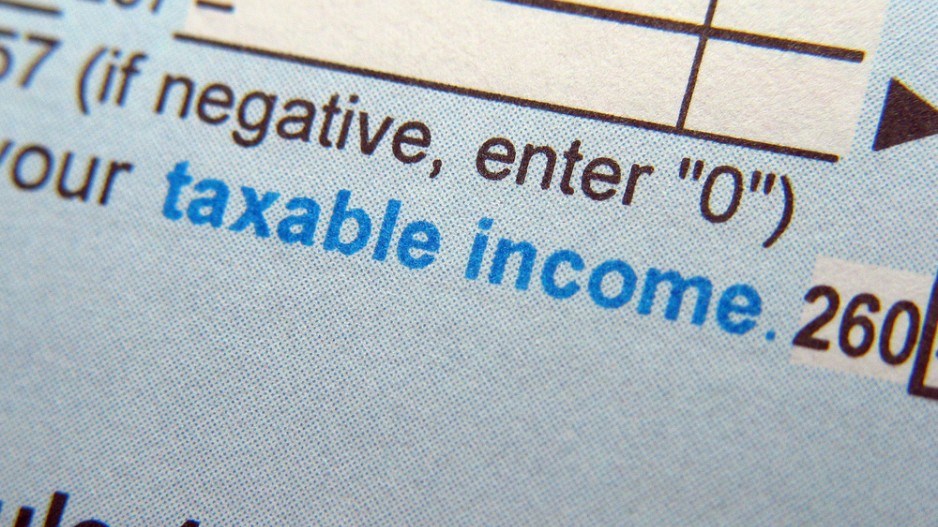The BC Liberals shouldn’t bank on increased revenue from raising taxes, according to a C.D. Howe Institute report released today.
As part of their plan to balance the books, the government intends to raised income taxes 2.1% for earners who make more than $150,000, and to hike corporate taxes by 1%.
Study author Alexandre Laurin said high-income earners tend to change their behaviour when taxes are raised. Those strategies include:
- reducing paid work;
- moving to another jurisdiction just before completing an important asset sale; and
- storing money in trusts located outside of the provice.
Without taxpayers doing anything to avoid paying taxes, Laurin found the income tax hike would raise just under $300 million for government in 2014. But factor in tax avoidance schemes, and the revenue raised would be around $175 million.
According to the study, a corporate income tax increase would have similar results, especially over the long term.
“Both rate hikes will impede the economic growth that B.C. is counting on to balance its budget. This, in turn, may end up pressuring the government to extend its proposed ‘temporary’ PIT [personal income tax] hike for a longer time, to cover the shortfall,” said Laurin.
Laurin suggested that some more useful ways to raise revenue might include:
- an annual property surtax on expensive homes;
- a progressive property tax based on the value of passenger vehicles; or
- raising the carbon tax.




